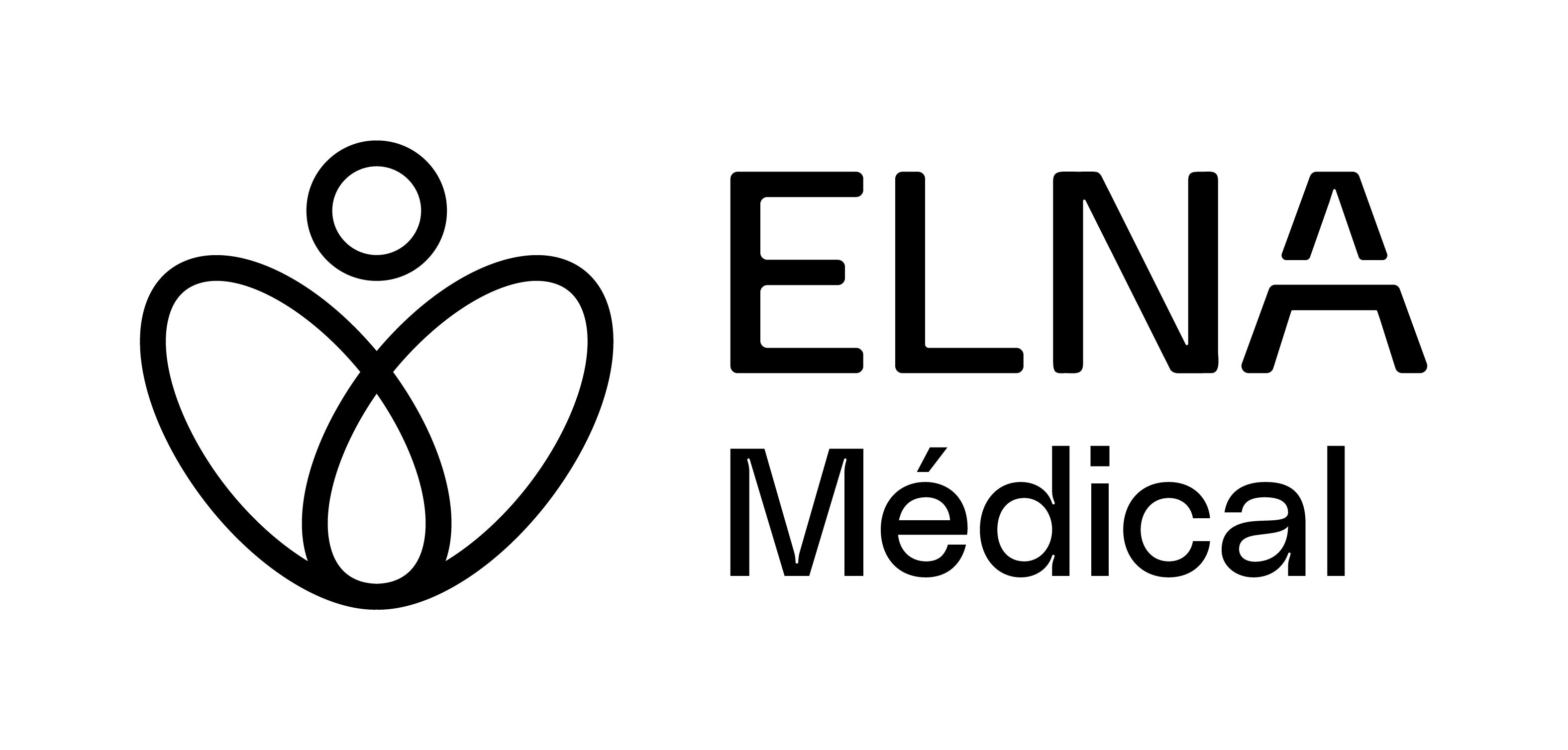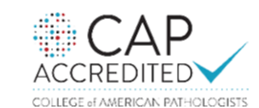CDL Laboratories offers key services in the diagnosis and treatment of sleep disorders in partnership with Elna Sleep Apnea.
Sleep apnea is a disorder in which breathing stops repeatedly while sleeping. The most common type of sleep apnea is called “obstructive sleep apnea” or OSA. Obstructive sleep apnea is a serious disorder that can be easily diagnosed and treated.
Obstructive Sleep Apnea
Obstructive Sleep Apnea is a common problem that can occur in people who snore. People with this condition stop breathing during their sleep. The narrowing of the breathing passage that causes snoring while sleeping can develop into complete blockage or obstructive apnea. When this happens, blood oxygen levels fall and impulses are sent to the brain to awaken the person just enough to start breathing again. This cycle can repeat itself many times over the course of the night, leading to sleep deprivation.
Common symptoms
People with obstructive sleep apnea feel excessively sleepy or tired during the day. Some complain of morning headaches, memory loss, difficulty concentrating, mood swings, depression and sexual performance problems.
Consequences
Obstructive Sleep Apnea is associated with irregular heartbeat, high blood pressure, and the possibility of heart attack and stroke. People with this condition can also be more prone to accidents when driving.
Diagnosis
To find out if you may have OSA, sleep testing is required. A variety of testing procedures are available. These sleep studies involve attaching sensors to the skin to record sleep and breathing patterns while you sleep. Testing can be performed in the comfort of your own home.
Treatments
A variety of treatment options are available for sleep apnea. These include dental appliances worn during sleep, surgical intervention, and treatment with nasal “continuous positive airway pressure” (CPAP), which is a mask that supplies air to prevent the throat from collapsing during sleep.
Are you at risk?
Take this 3-minute test:
| Yes | No | |
|---|---|---|
| People tell me that I snore | ||
| I wake up at night with a feeling of shortness of breath or choking | ||
| People tell me that I gasp, choke or snore while I am sleeping | ||
| People tell me that I stop breathing while I am sleeping | ||
| I wake up feeling almost as tired or more tired than when I went to bed | ||
| I often wake up with a headache | ||
| I often have difficulty breathing through my nose | ||
| I fight sleepiness during the day | ||
| I fall asleep when I relax before or after dinner | ||
| Friends, colleagues or family make comments on my sleepiness |
Every “yes” answer may increase your risk of OSA.
Complete polysomnography
A complete polysomnography is set-up at home by a technician. The study is painless and involves full sleep staging by monitoring brain waves (EEG), chin muscle activity (EMG) and eye movement (EOG), with simultaneous recording of respiration via oral/nasal flow and nasal pressure, ribcage and abdominal motion, as well as oxygen saturation level, heart rate, limb muscle activity, body position and snoring.
Cardiorespiratory study
The cardiorespiratory study is focused on heart rate and respiration, which involves non-invasive monitoring of respiration via oral/nasal flow, nasal pressure, ribcage and abdominal motion with simultaneous recording of oxygen saturation level, heart rate, body position and snoring. This test is set up by the patient in his/her home after receiving necessary instructions.


